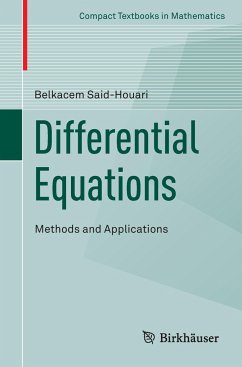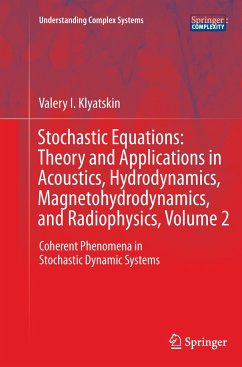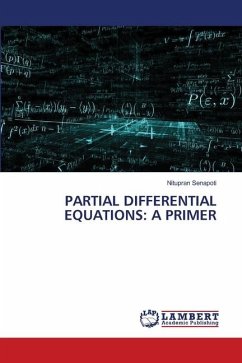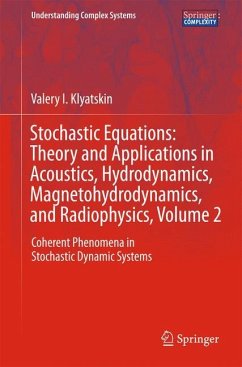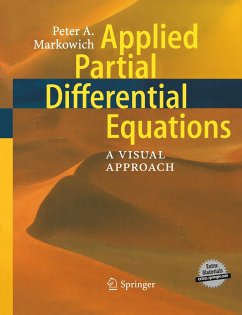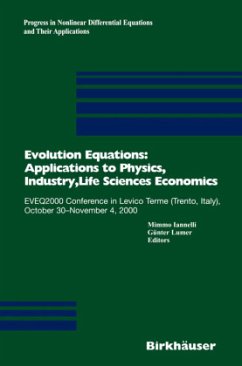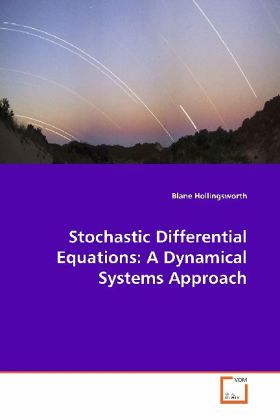
Stochastic Differential Equations: A Dynamical Systems Approach
Versandkostenfrei!
Versandfertig in 6-10 Tagen
39,99 €
inkl. MwSt.

PAYBACK Punkte
20 °P sammeln!
The relatively new subject of stochastic differentialequations hasincreasing importance in both theory andapplications. The subjectdraws upon two main sources, probability/stochasticprocesses anddifferential equations/dynamical systems. Thereexists a significant``culture gap" between the corresponding researchcommunities. Theobjective of the dissertation project is to present aconcise yetmostly self-contained theory of stochasticdifferential equationsfrom the differential equations/dynamical systemspoint of view,primarily incorporating semigroup theory andfunctional analysistechniques to study...
The relatively new subject of stochastic differential
equations has
increasing importance in both theory and
applications. The subject
draws upon two main sources, probability/stochastic
processes and
differential equations/dynamical systems. There
exists a significant
``culture gap" between the corresponding research
communities. The
objective of the dissertation project is to present a
concise yet
mostly self-contained theory of stochastic
differential equations
from the differential equations/dynamical systems
point of view,
primarily incorporating semigroup theory and
functional analysis
techniques to study the solutions. Prerequisites from
probability/stochastic processes are developed as needed.
For continuous-time stochastic
processes whose random variables are (Lebesgue)
absolutely
continuous, the Fokker-Planck equation is employed to
study the
evolution of the densities, with applications to
predator-prey
models with noisy coefficients.
equations has
increasing importance in both theory and
applications. The subject
draws upon two main sources, probability/stochastic
processes and
differential equations/dynamical systems. There
exists a significant
``culture gap" between the corresponding research
communities. The
objective of the dissertation project is to present a
concise yet
mostly self-contained theory of stochastic
differential equations
from the differential equations/dynamical systems
point of view,
primarily incorporating semigroup theory and
functional analysis
techniques to study the solutions. Prerequisites from
probability/stochastic processes are developed as needed.
For continuous-time stochastic
processes whose random variables are (Lebesgue)
absolutely
continuous, the Fokker-Planck equation is employed to
study the
evolution of the densities, with applications to
predator-prey
models with noisy coefficients.



